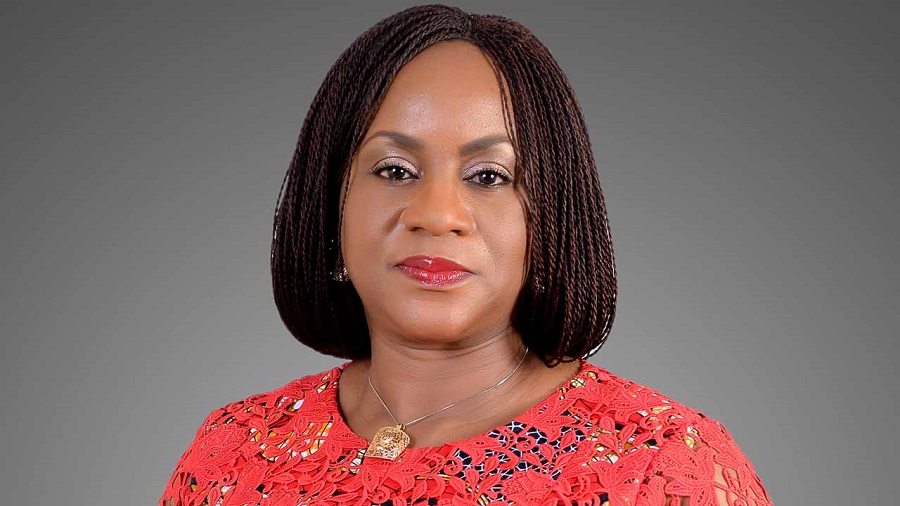Key highlights
- Stakeholders in Nigeria’s natural gas sector are facing a currency and revenue mismatch, due to foreign exchange challenges.
- Stakeholders need a consolidated approach to regulation of activities in the natural gas sector.
- In recent years, the Nigerian government has been focused on deepening the natural gas value chain.
Audrey Joe-Ezigbo, the co-founder of Falcon Corporation Limited and the former President of the Nigerian Gas Association (NGA), has said that there is a mismatch between currency and revenues in Nigeria’s natural gas sector.
She stated this during an interview with Arise TV. According to her, natural gas stakeholders do not manufacture any of the components needed for gas exploration and production, so they rely on imports, and they face foreign exchange challenges. She said:
- “We are contracting our components at parallel rates most of the time, and yet revenues are being benchmarked at the Central Bank of Nigeria (CBN) rate. What this means is that there is a mismatch between currency and revenues and that is value erosion from the start. That is one key thing that continues to happen till now. There is a rent layer that has been created between funds that are meant to spur development in the gas sector and those who need the funds to actualize their projects, which is something we need to deal with.
- “Also, the multiplicity of agencies for which you need to get permits for any single gas project needs to be addressed. If I want to build a tank farm to de-bottleneck liquefied petroleum gas (LPG) storage within Port Harcourt, I should not have to deal with 30 different agencies putting chicken and egg-type situations before me, creating bureaucracies leading to lost time.”
A renewed drive for natural gas exploitation in Nigeria
During the interview, Ezigbo highlighted the fact that Nigeria is making efforts to increase natural gas production in the country. She stated further that looking at the industry in the last 10 to 15 years, from the governmental perspective, it is clear that there is a renewed focus to deepen the natural gas value chain and bring more investors on board. She said:
- “Over time, we have focused more on associated gas because of that oil-centric mindset that we had before, but we have over 600 trillion cubic feet (tcf) of non-associated gas reserves that we need to prospect for and there is a need for a resilient point of view for exploration dedicated in that regard, but we lack the transportation infrastructure, storage infrastructure, processing facilities to do that. However, all these challenges create opportunities in the natural gas sector.”
What you should know
The Buhari administration has established the National Gas Expansion Program (NGEP) which is designed to encourage natural gas as a transition fuel for industrialization, captive power and transportation.
However, before the goals of the program will be achieved, Nigeria needs to invest in gas infrastructure, which will make the transition to a gas-based economy easier for stakeholders.













